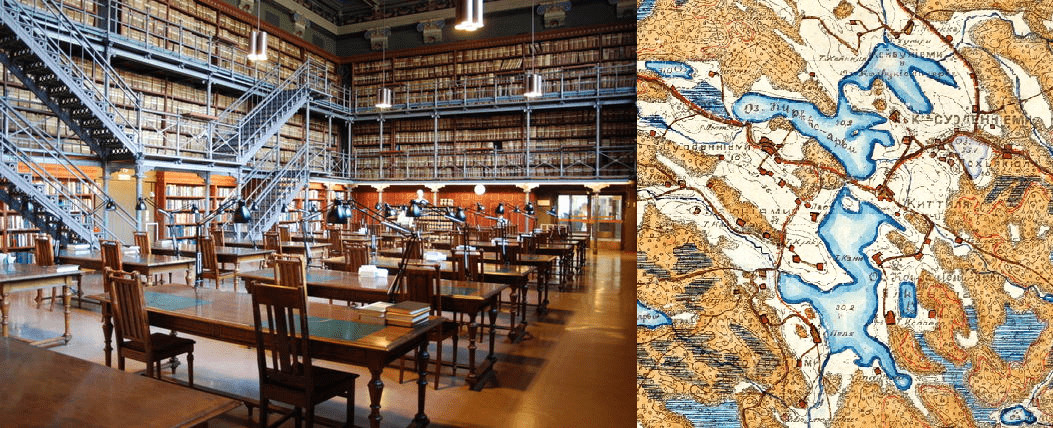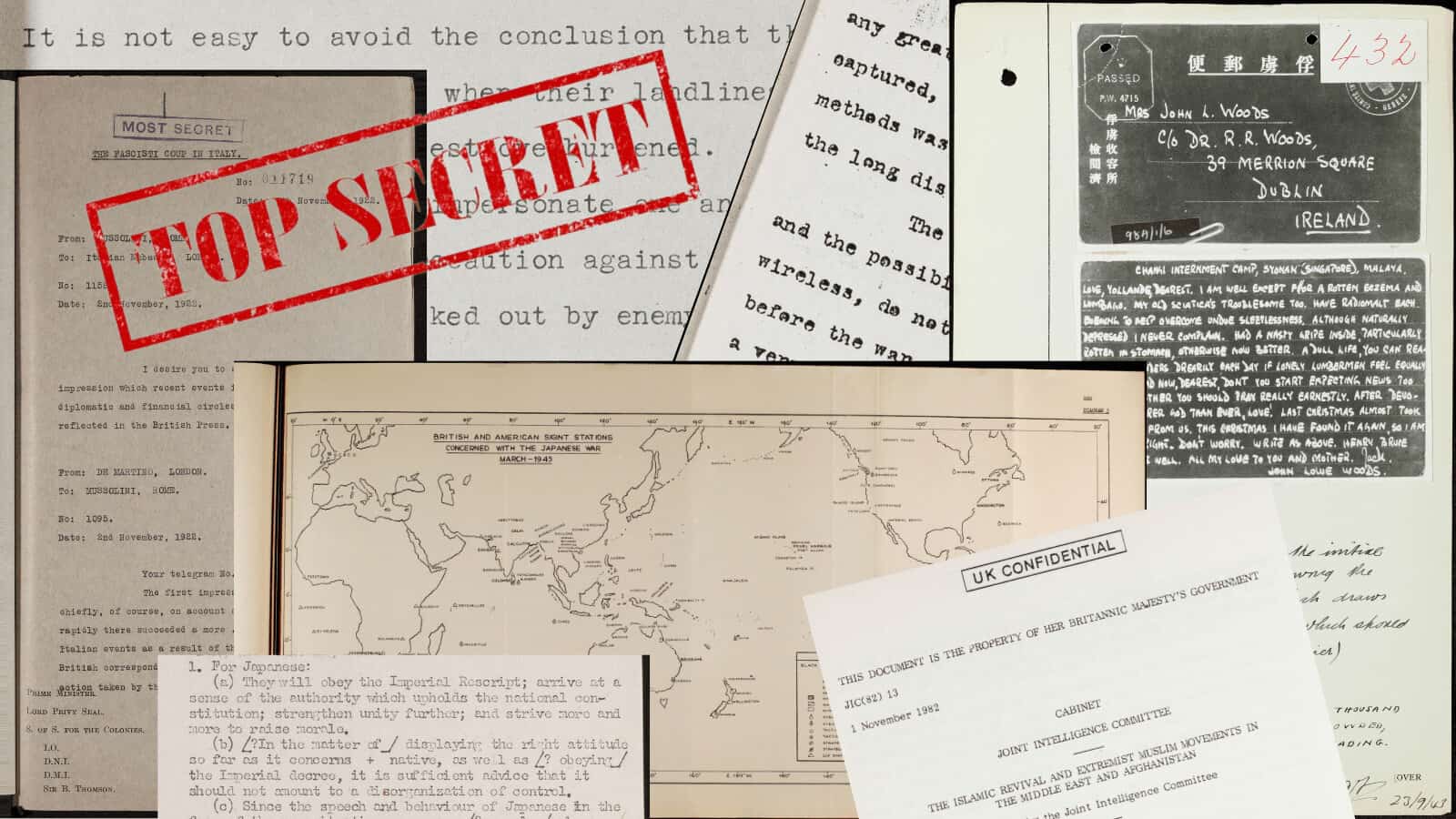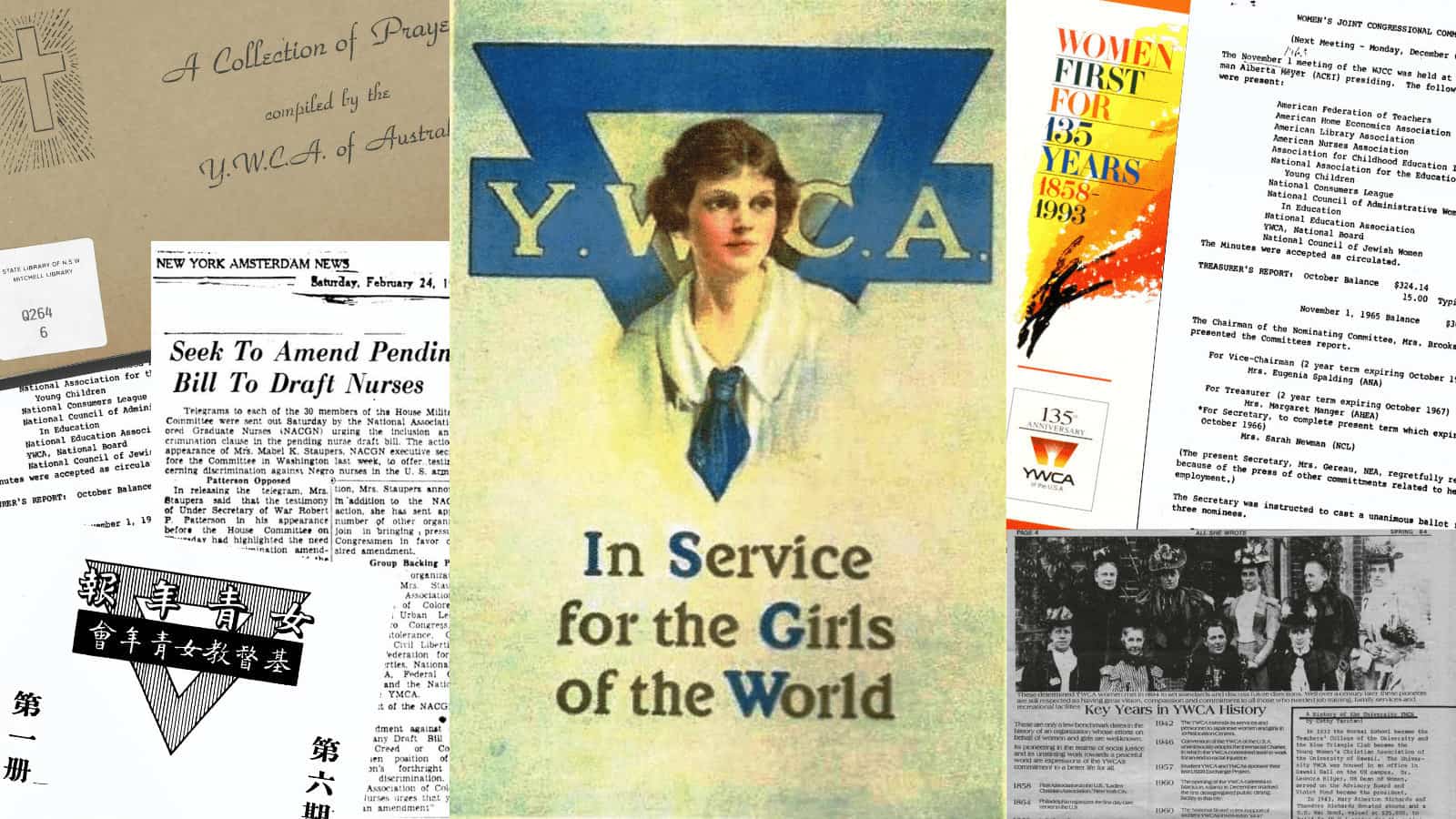│By Julia de Mowbray, Publisher at Gale│
Gale’s first online archive of British Colonial Office files, State Papers Online Colonial, has just been released. The first four parts1 will publish the Colonial Office (CO) files relating to the administration of Britain’s colonies in Asia, namely, Hong Kong, Malaya, Singapore, Sarawak, Brunei, British North Borneo, Ceylon, and the naval base at Wei-Hai-Wei (Burma and India were administered by the India Office).
Part 1: Far East, Hong Kong, and Wei-Hai-Wei includes files from the Colonial Office’s general departments on Asia as well as the those from the administration of Hong Kong and Wei-Hai-Wei (Weihai). The Colonial Office general departments were the “Eastern” (1927-1951), “Hong Kong and Pacific” (1946-1955), “Far Eastern Reconstruction” (1942-1945), “Far Eastern” (1941-1967) and “South East Asia” (1950-1956) departments, spanning different periods, plus the early East Indies papers (1570-1856). These are joined by the Asia files from Confidential Original Correspondence, Confidential Print, Maps, Photographs series. In all it is around 385,000 pages. This part, therefore, is not limited to Britain’s colonies, but includes documents on China, Indonesia, Japan, and Korea. Each file is tagged with its subject country or countries to help researchers refine their search.

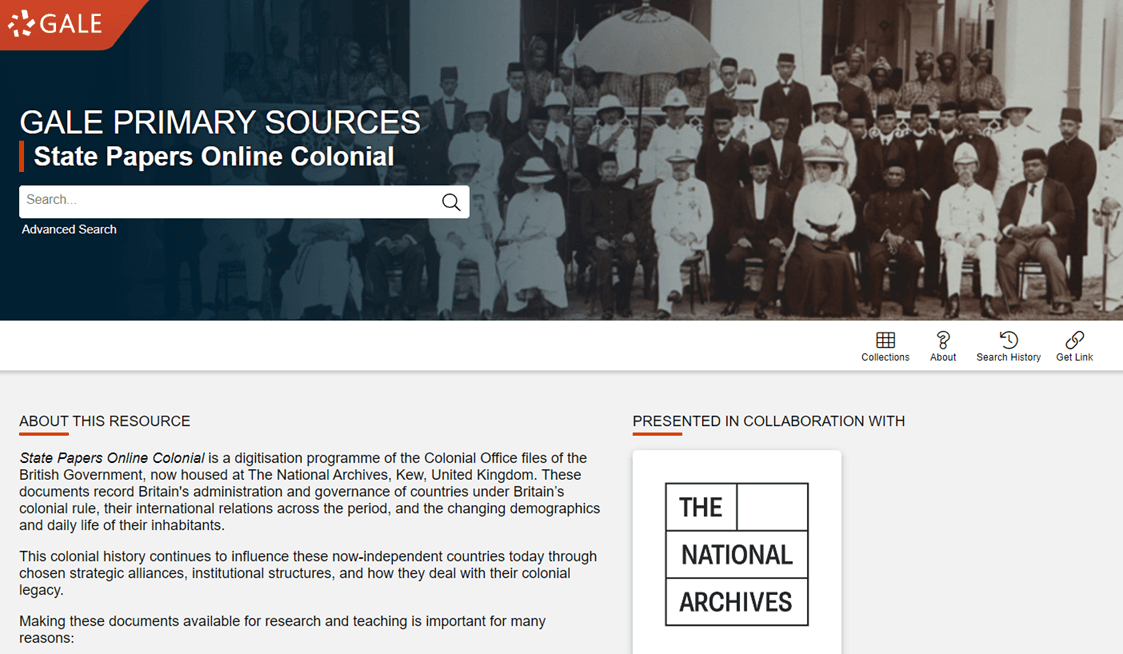
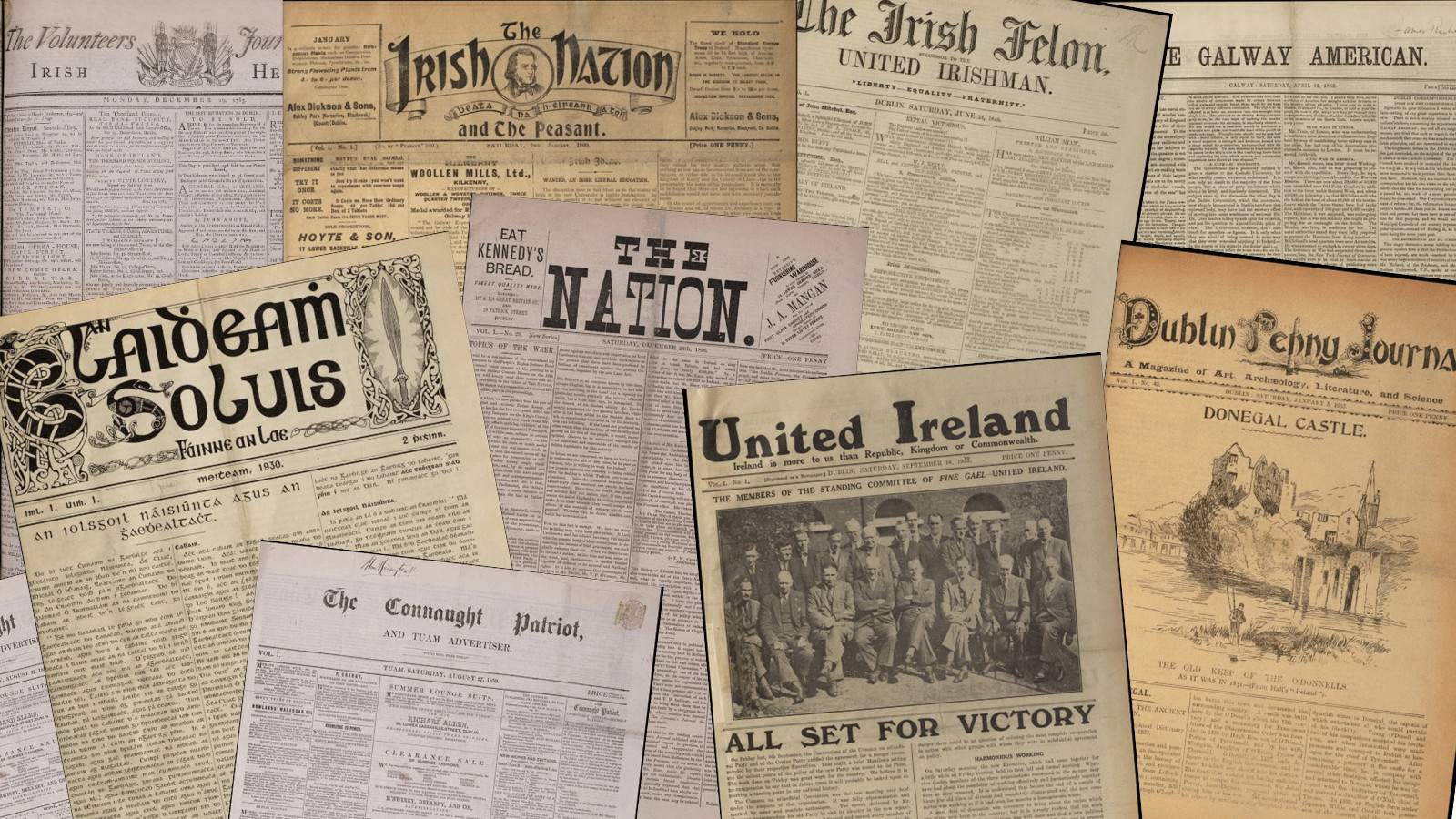
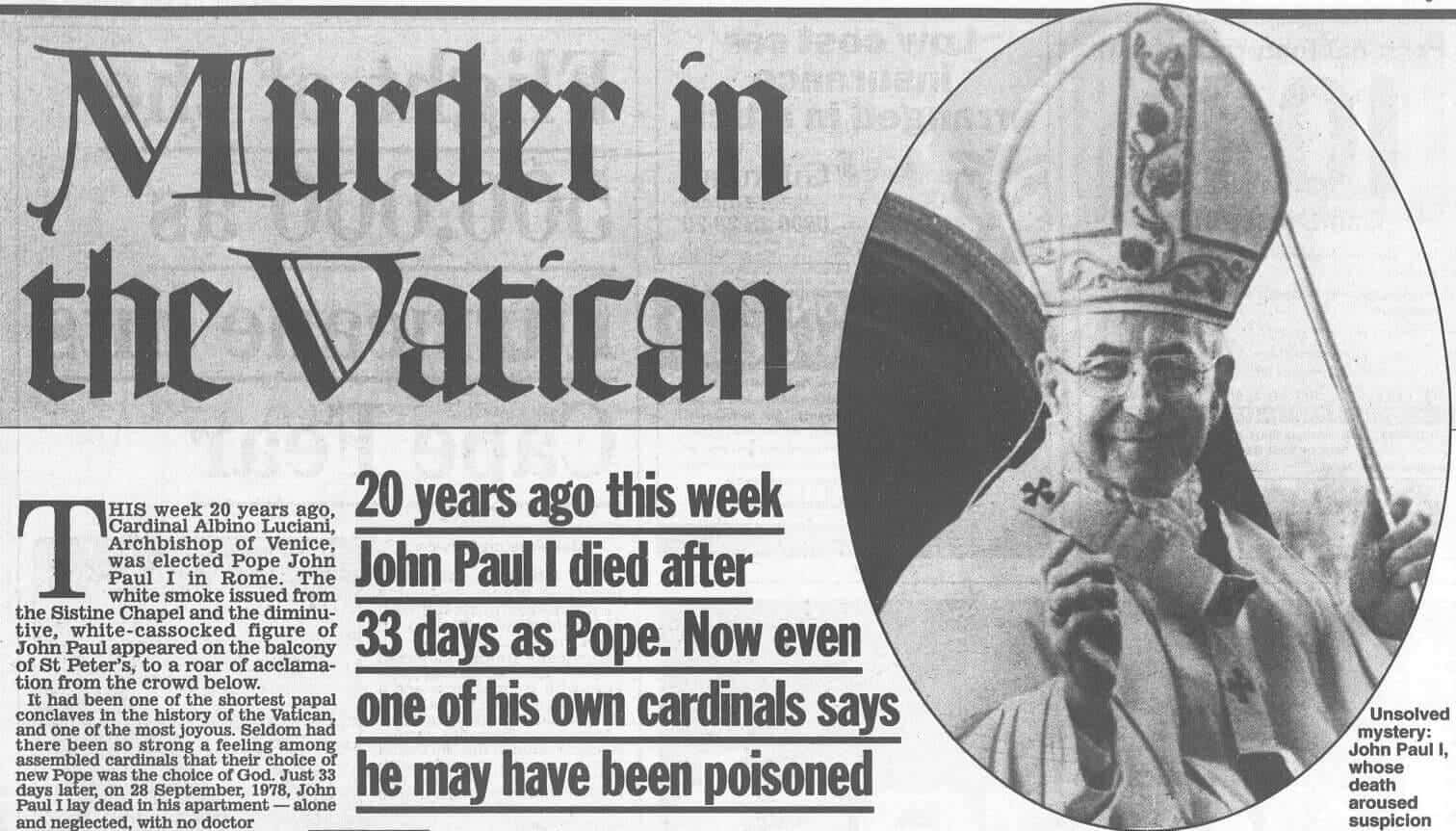
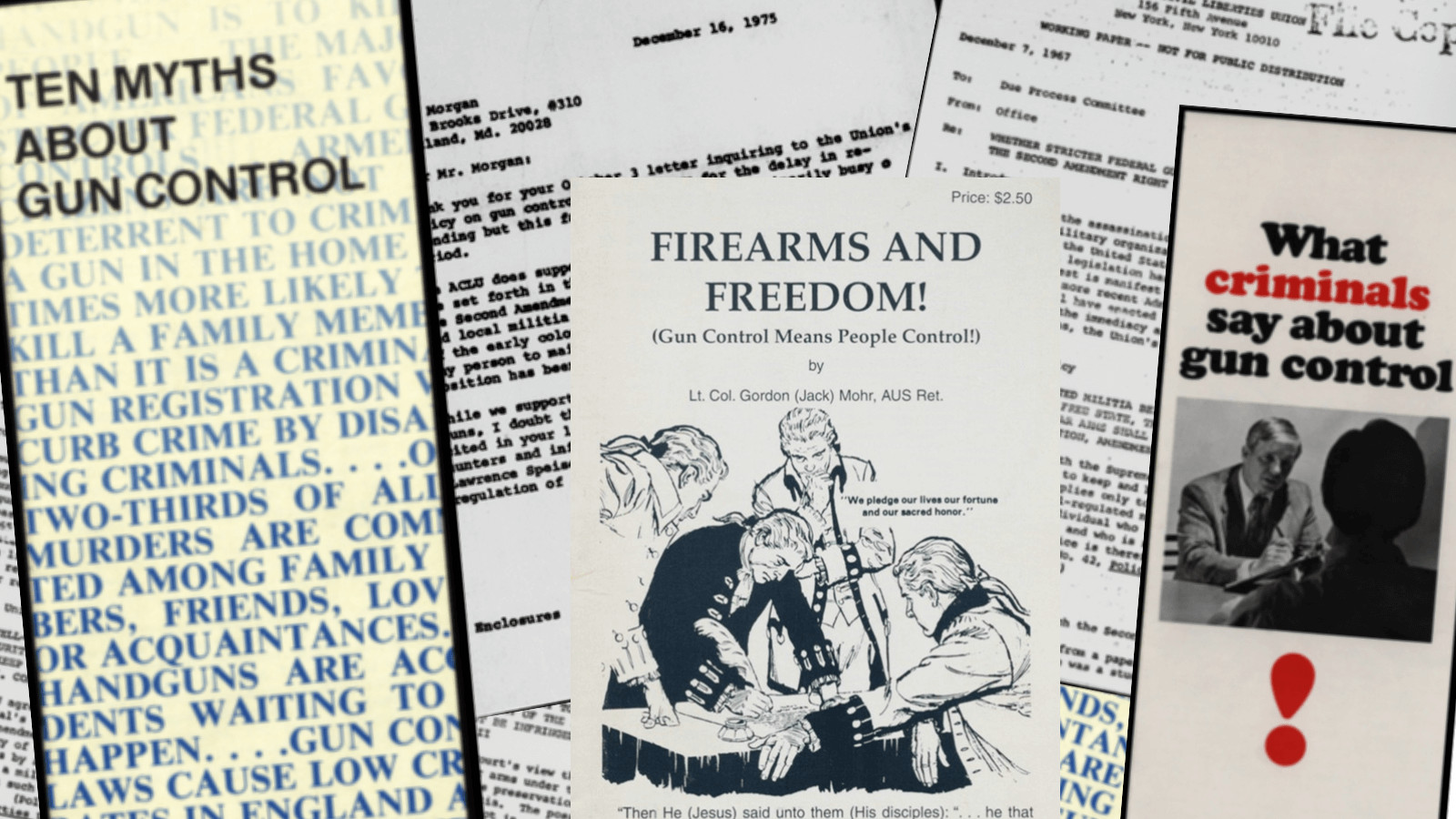
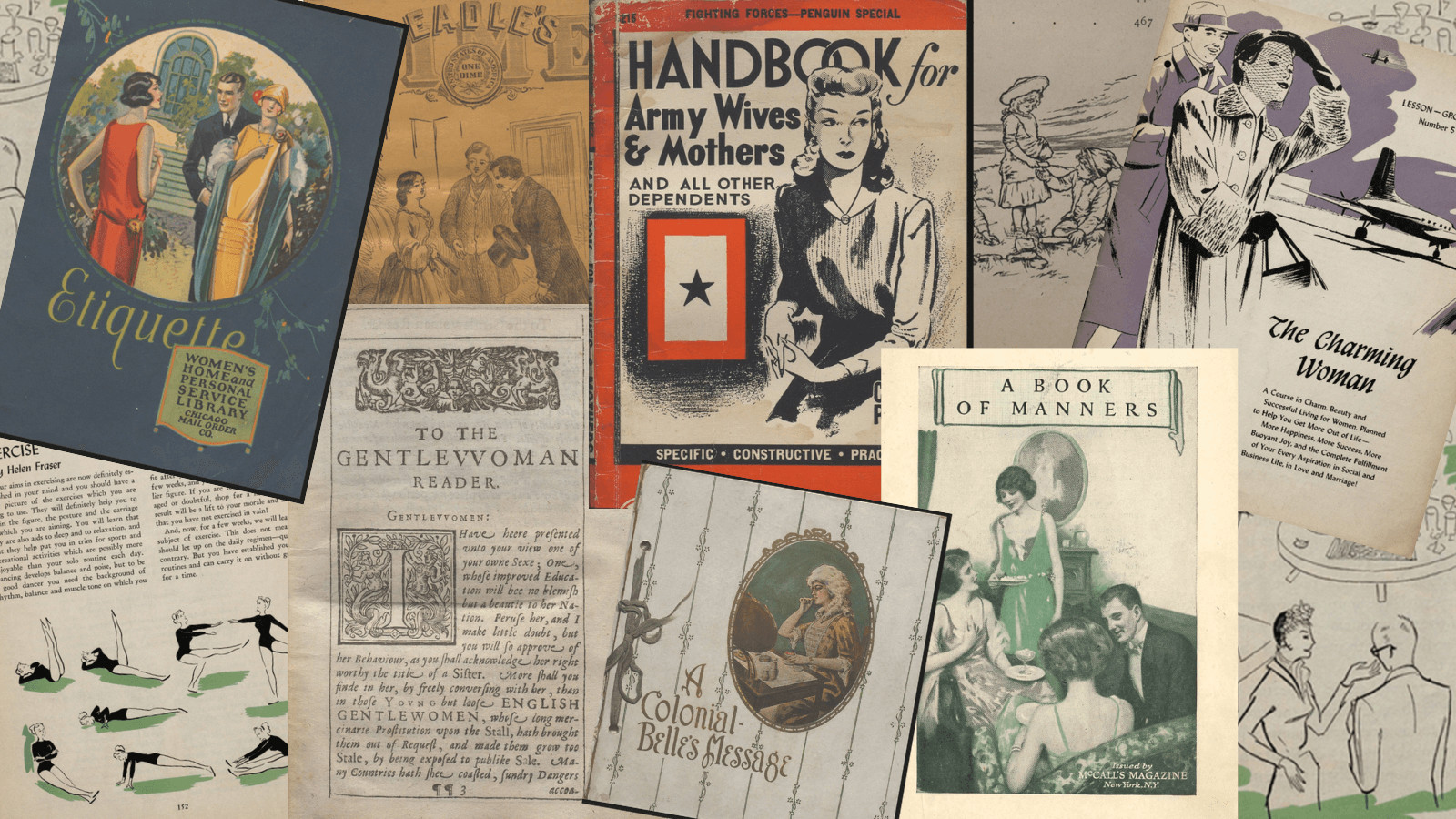
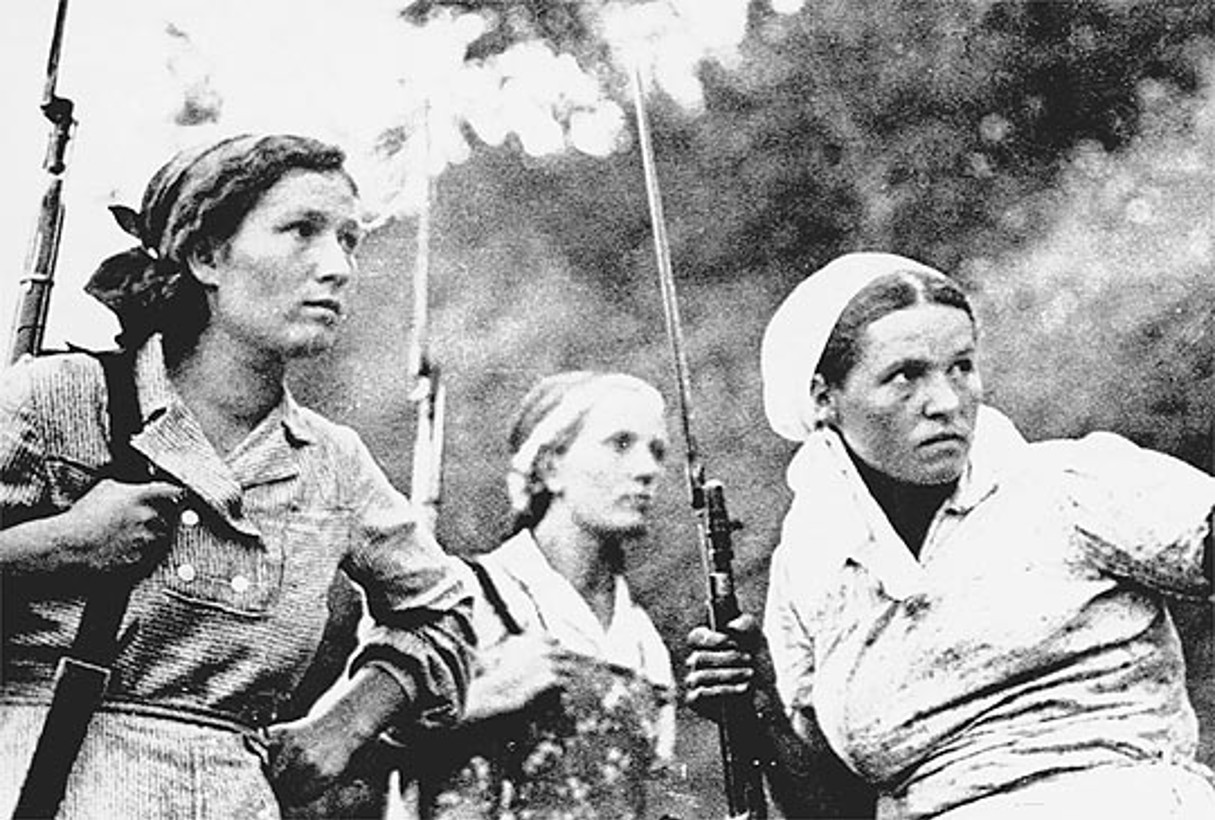
 In Spring 2022, Gale ran a competition with Nazarbayev Intellectual Schools, Kazakhstan, which gave students at schools within the group the chance to research and write about a topic of interest – with the two top entries published on The Gale Review! Below is the runner up entry, a superb piece by Year 11 student Symbat Omasheva.
In Spring 2022, Gale ran a competition with Nazarbayev Intellectual Schools, Kazakhstan, which gave students at schools within the group the chance to research and write about a topic of interest – with the two top entries published on The Gale Review! Below is the runner up entry, a superb piece by Year 11 student Symbat Omasheva.
 The schools within the Nazarbayev Intellectual Schools group have access to the
The schools within the Nazarbayev Intellectual Schools group have access to the 
